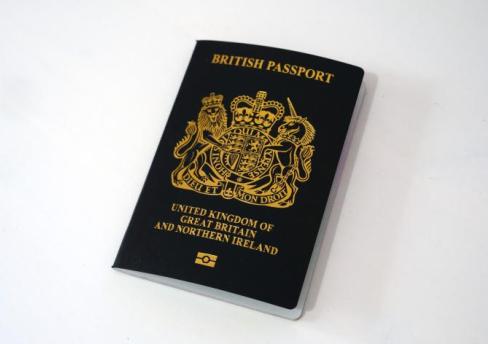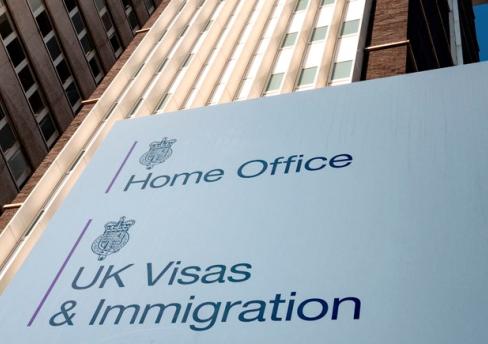
As students across the country graduate, their thoughts will turn to entering the job market. Recruiting high quality graduates allows a business to bring in new talent and to plan for the future. However businesses are often faced with difficult decisions when it comes to recruiting international graduates given immigration restrictions.

It used to be much simpler for organisations to recruit an international student once the student had graduated from a UK university. Previously graduates from UK universities could apply for a Tier 1 (Post Study Work) visa ("PSW" visa) to allow them to remain in the UK for 2 years to enable them to find work. A business looking to recruit a graduate with a PSW visa did not need to act as a sponsor and there was no minimum salary other than the national minimum wage.
Unfortunately the PSW visa scheme closed on 5 April 2012 and since then it has been harder for businesses to recruit such graduates. The All Party Parliamentary Group on Migration has recently announced it will look into the impact of the closure of this scheme.
Now, if a business wishes to recruit an international graduate it will usually look at sponsoring them to remain in the UK in terms of Tier 2 of the points based system. This is not a straightforward process as it requires the business to obtain a sponsorship licence and pay a minimum salary level based on the industry average. This is a significant commitment for a business to make for an unproven graduate and, in our experience, some businesses are reluctant to follow this route.
There is an alternative for businesses unsure of whether or not to commit the necessary resources to obtain a Tier 2 licence and sponsor an international graduate. In some cases it will be possible for a business to hire the graduate as an intern with a Tier 5 (Government Authorised Exchange) visa. This route offers a number of advantages to the business considering hiring the graduate, including:
- No need to be a registered sponsor - The graduate requires to be sponsored by a registered Tier 5 sponsor but this does not need to be the business employing them. Several commercial organisations operate Tier 5 schemes where, for a fee, they will provide the graduate with the necessary certificate of sponsorship and will be responsible for them in the eyes of the Home Office.
- No minimum salary level - Whereas a Tier 2 (General) visa holder will need to be paid a salary based on the industry average, usually over £20,000 per year, a Tier 5 visa holder only needs to be paid at a level above the minimum wage.
- No long term commitment - A Tier 2 sponsor licence is valid for 4 years and most Tier 2 (General) visas are initially issued for 3 years. This represents a large commitment to an unproven graduate. Tier 5 (Government Authorised Exchange) visas are usually valid for 12 months which will allow the business time to assess whether or not to retain the graduate on a permanent basis.
- Selection process - Some of the commercial organisations running Tier 5 schemes will even match a business with potential interns that suit their requirements. This reduces the amount of time a business needs to spend on identifying suitable graduates with the specialist skills required for the job.
Comparison of Tier 2 v Tier 5
| Tier 2 | Tier 5 | |
|---|---|---|
| Who can use this | Only a business registered with the Home Office as a licensed sponsor | Any business |
| Cost of using this | Applying for a sponsor licence can cost up to £1,500 and a certificate of sponsorship costs £184 | Fee payable to commercial organisations can include registration fee and fee per certificate of sponsorship |
| Company obligations |
Employ graduate for skilled job Pay graduate at least the salary set by the Home Office Report to the Home Office if graduate's job changes or they leave the position |
Depends on terms of agreement with commercial organisation |
| Minimum salary | Varies depending on position but based on industry average | Above minimum wage |
| Visa length | Varies depending on terms of the contract but it can be up to 5 years | Up to 12 months. In some circumstances this can be extended to 24 months but is dependant on the particular Tier 5 scheme used. |
Next steps
If you are a business considering hiring international graduates from UK universities and want to discuss the best way of doing this please get in touch with the details below.
The content of this webpage is for information only and is not intended to be construed as legal advice and should not be treated as a substitute for specific advice. Morton Fraser LLP accepts no responsibility for the content of any third party website to which this webpage refers. Morton Fraser LLP is authorised and regulated by the Financial Conduct Authority.









